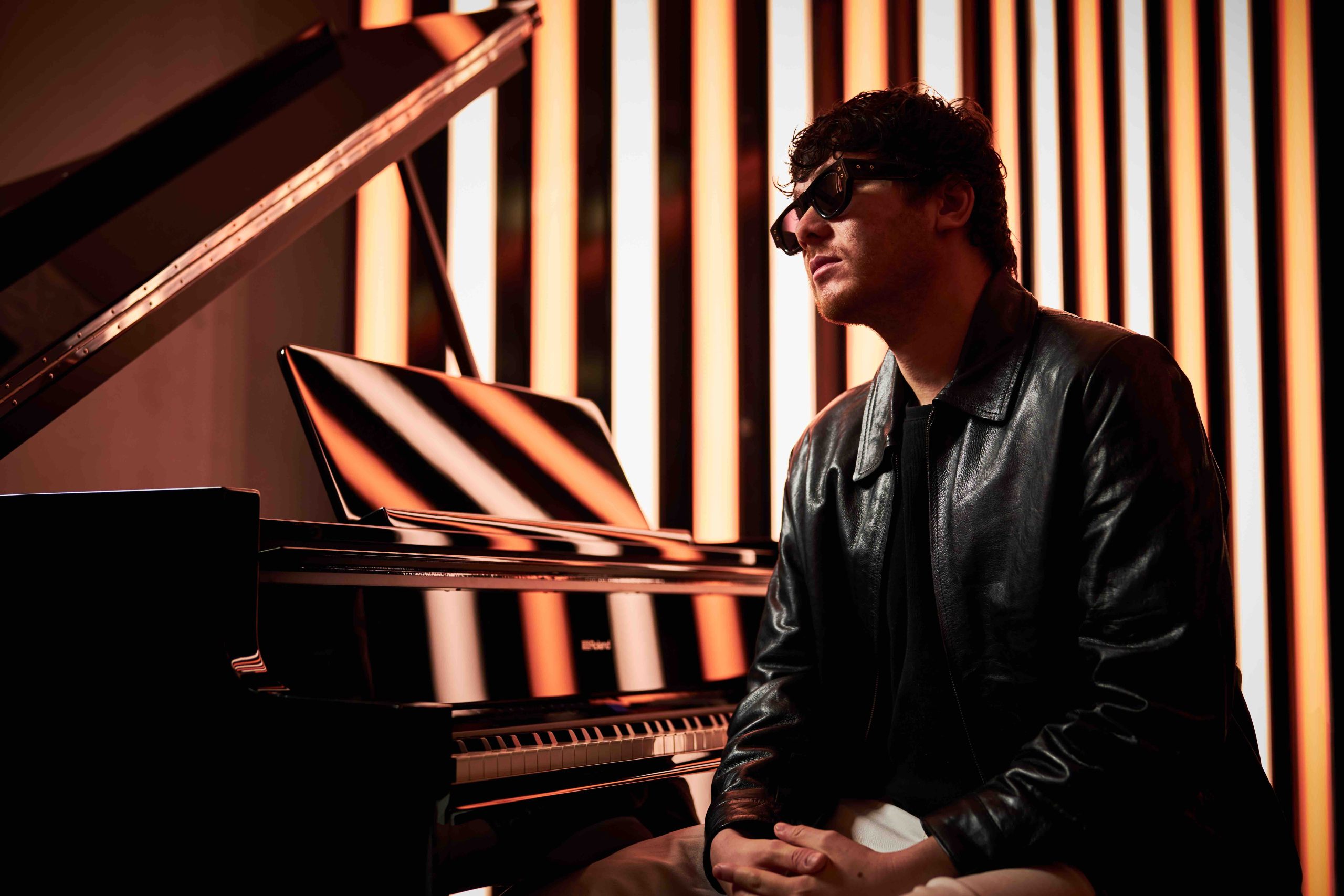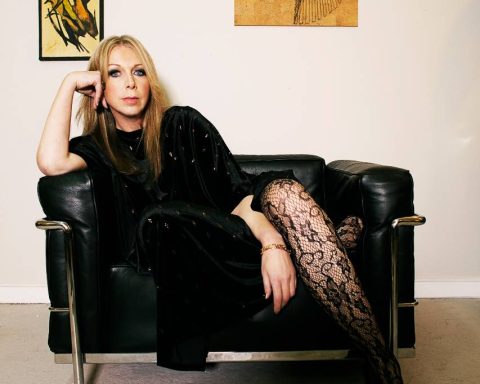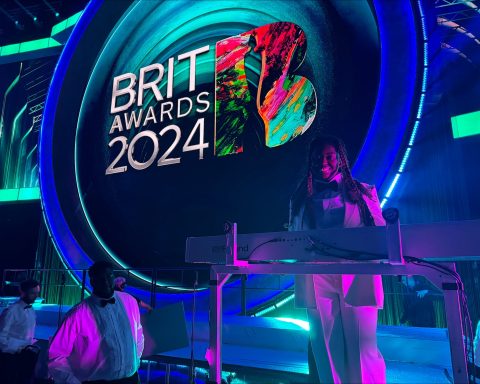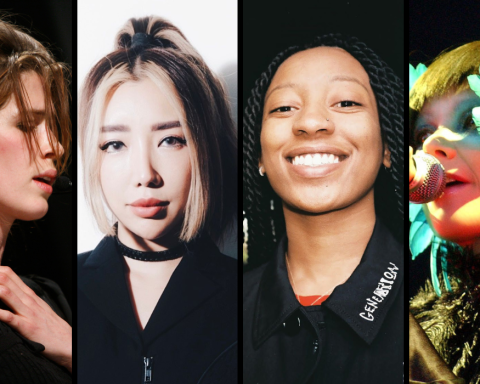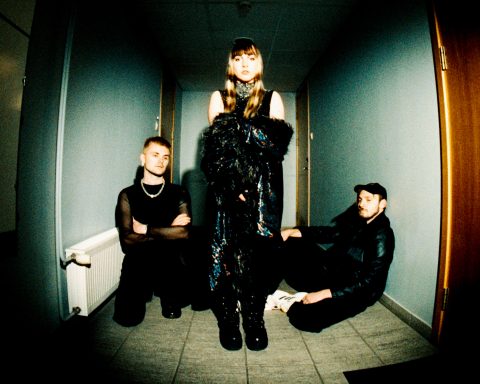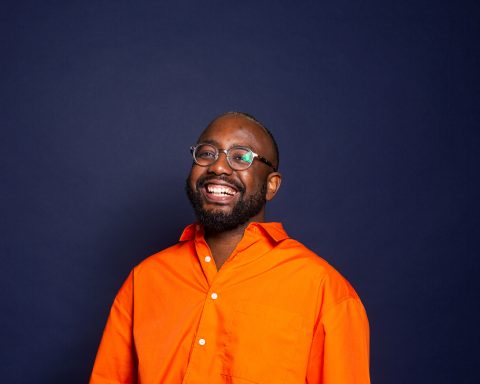Kamaal Williams, born Henry Wu, bridges the gap between genres with a unique blend of jazz, funk, hip-hop, and electronic music. Not one to be constrained by traditional labels, he creates compositions with intricate rhythms and soulful melodies under the self-styled genre “Wu funk.” The dynamic pianist discusses his transition from drumming to piano, improvisation techniques, and his love of vintage Roland synths and cutting-edge grand pianos.
Clubs on the Come Up
How did growing up in Peckham, South London, influence your sound?
London as a whole is very eclectic. Growing up, I was exposed to many different types of music, which absolutely influenced me.
What was an early musical experience that stands out to you?
There is a great jazz club in Camberwell, next to Peckham, called the Crypt. That’s where a lot of things started for me. Every Friday, they had Jazz Night. I saw many UK greats play there from a young age—like Tony Coffey and Courtney Pine. I put on my first event there as well. Discovering that club in my local area was huge for me growing up and discovering music.
Family of Funk
What does the term “Wu funk” mean to you?
Wu funk is just a way of describing my sound. Wu is my family name. I’m half Taiwanese, so using Wu connects my heritage. And then Wu funk speaks to the funk element of my music.
How does your drumming background inspire your music?
Drumming opened a lot of doors for me. Starting as a drummer and transitioning to the piano, I incorporated many rhythmical aspects into my style. People often describe my piano playing as rhythmical and percussive. I’ve always treated the piano like a percussion instrument in a way.
"Wu funk is just a way of describing my sound. Wu is my family name. I’m half Taiwanese, so using Wu connects my heritage."
Inspiration and Improvisation
Who is currently exciting you musically?
There’s a band called SAULT, and they’re fantastic. There’s another band called Gabriels. They’re kind of a new wave gospel electronic R&B group.
Improvisation is a huge part of your approach. What does it feel like when you’re improvising live?
When I’m improvising live, it’s a way of communication. Playing an instrument is like speaking a language, so once you all speak the same language and have the same vocabulary, it comes out naturally.
It comes down to who I play with onstage, who’s in my band, and our relationship. When we improvise leading up to the show, that is our time to get to know each other. Then everything flows naturally like a normal conversation when we go on stage.
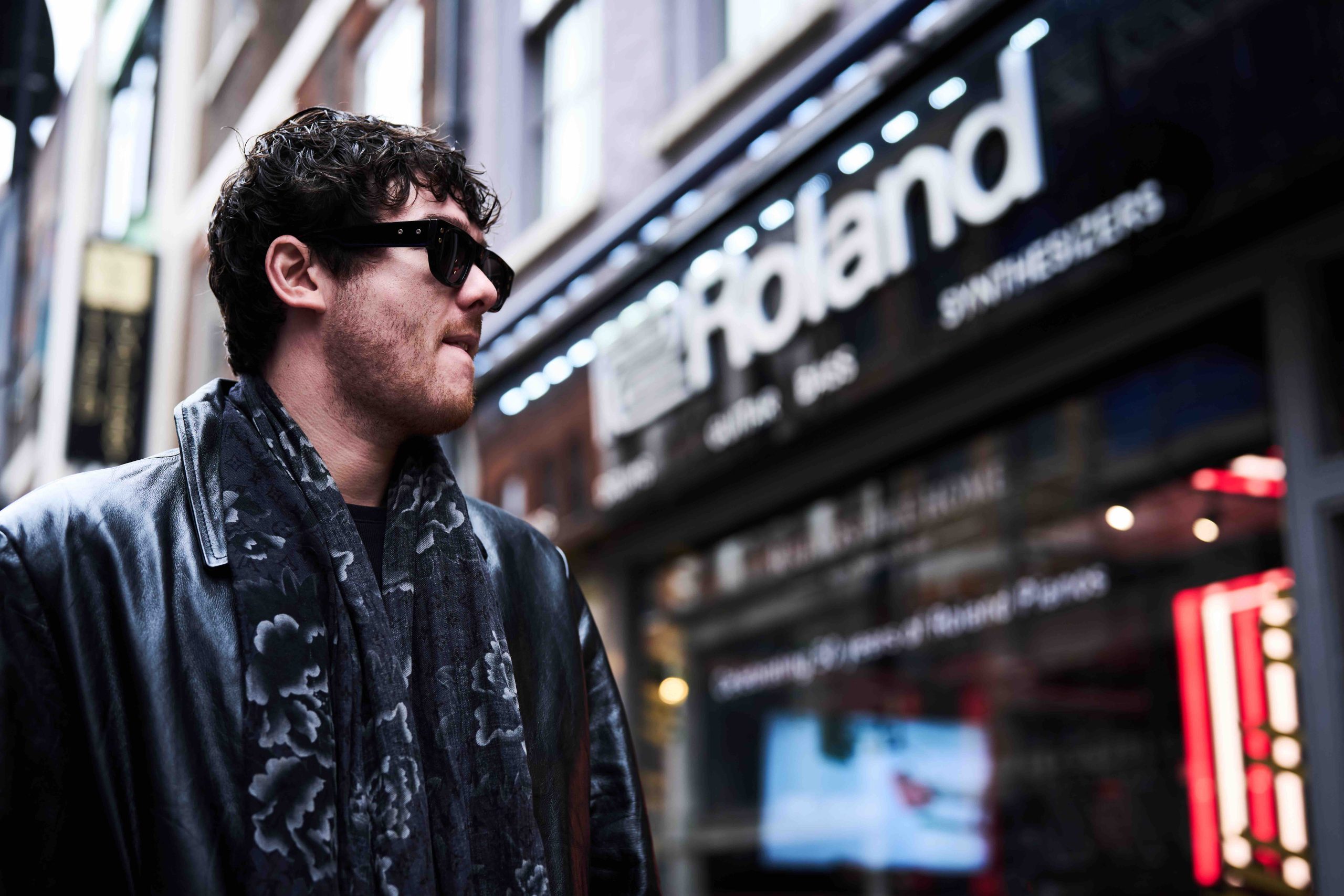
The Power of Piano
As it’s International Piano Day, do you have any thoughts about the power of your primary instrument, the piano?
Starting as a drummer and then moving to the piano allowed me to incorporate percussion but also melody and harmony. The piano is like having an orchestra in one instrument. You have the bass, the chords, and then you’ve got the melodies on top. So, for me, it’s the most powerful instrument.
However, sometimes when sound checking with the band, I wish I played the sax. It’s so easy to pick up the case and go. You can play on the beach. That’s not as easy to do with a piano. But I feel the advantages of playing piano when composing and writing. I’m fortunate to be playing this wonderful instrument.
"Starting as a drummer and then moving to the piano allowed me to incorporate percussion but also melody and harmony."
Vintage Vibes
You’ve used the JUNO-106 in the past. What is unique about Roland products to you?
My first keyboard was a Roland RD-170. I played it in college. I bought it for its great electric piano sound, and it had a nice full-weighted action keyboard. Later, I discovered the vintage ’80s synths, particularly the JUNO-106, which I used in every show for its bassline sounds, pads, and chords. If you put a JUNO-106 stereo into a sound system at a large festival, it cuts through everything.
I was part of a culture of young artists rediscovering many classic instruments used in ’80s house disco. We were tapping back into instruments like the JUNO-106 and JUNO-60. Also, the original Space Echo, which we have the pedals for now. And then you’ve got the SP-404 for the beatmaking side of things. So, Roland has always been there in many different forms, and there’s always Roland equipment and products in the studio.
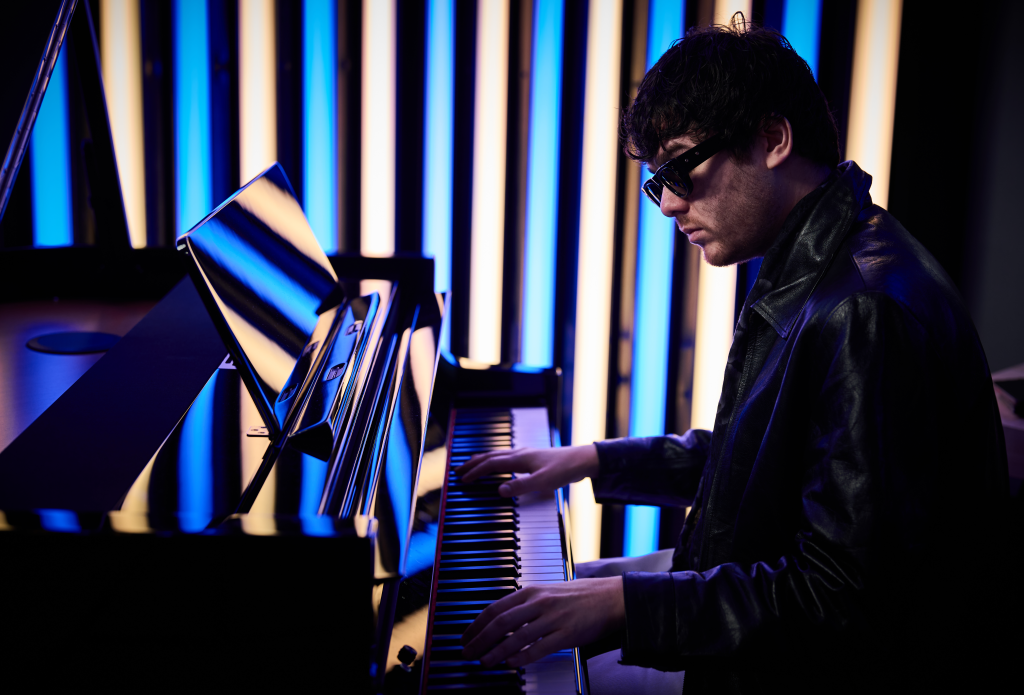
On a Grand Scale
Tell us about the piano you’re playing today for your exclusive performance.
I’m playing some compositions from my forthcoming album, STINGS, on the GP-9. I had a chance to write much of the music on the grand piano, so I’m excited to play those today. And the GP-9 sounds great. The feel of it is very, very real.
What do you think about the Roland 50th Anniversary Concept Piano?
We need to get it on an episode of Star Trek as the motherboard of the ship. It’s a very futuristic Japanese design with a simplistic element. It sounds great as well. Plus, with the Android system running, you could watch Netflix at the same time.
"As an artist, any time in your career when you have to produce something or feel the urge to release a piece of art, it has to be inspired by
your life."
With so many albums out, how do you keep the creative process fresh?
My life is the biggest inspiration. As an artist, any time in your career when you have to produce something or feel the urge to release a piece of art, it has to be inspired by your life. That’s what keeps me going.
